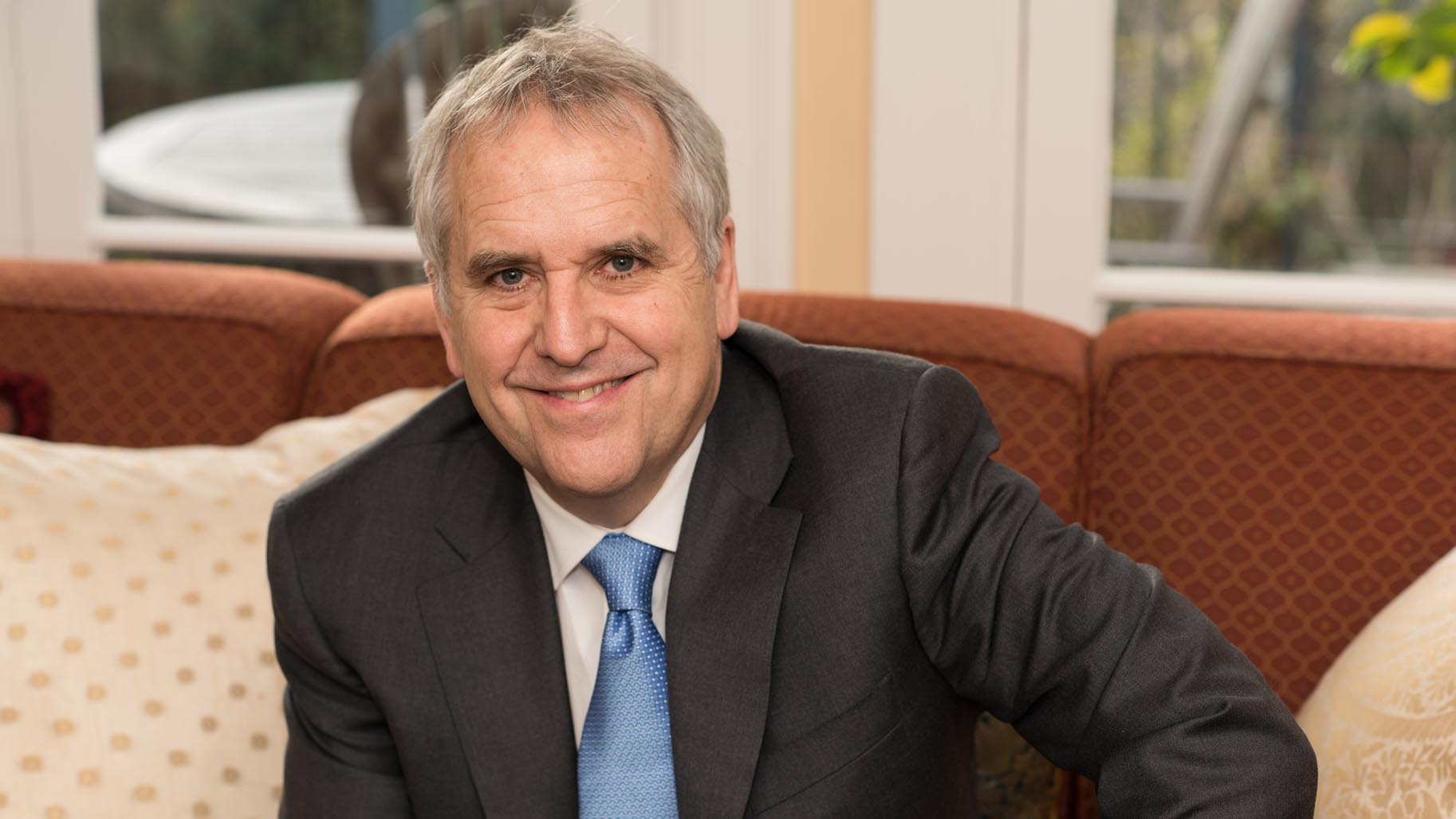A new research chair bringing together economics and artificial intelligence
Date:
Changed on 07/10/2024

The AI tools that are currently the focus of much attention make predictions based on learning from massive collections of data are impressive and increasingly useful, but they are also very limited.In particular, they are poor at making indicating uncertainty in their predictions, and updating that uncertainty based on prevailing conditions.
Humans do better at indicating their uncertainty, and at sharing both their knowledge and their uncertainty.These are the ingredients that allow humans to be good not merely at individual reasoning, but at building collectives that can solve problems beyond the reach of single individuals, and at achieving outcomes that are desirable for all participants. In short, current machine learning is good at prediction, but not very good at decision-making under uncertainty or at forming collectives.
These are key issues for companies, given that they often operate in highly variable environments, and given that they generally need to partner with other entities to reduce uncertainty and create sustainable markets. Uncertainty and the need for mutual reduction of uncertainty is everywhere, from the choices made by individual microeconomic agents in local contexts to the dynamics of global markets. Predictive machine learning needs to be placed in an economic and collective context.
The person who initially came up with the idea was Francis Bach, head of the joint project team Sierra (ENS-PSL/CNRS/Inria) in Paris, that will be hosting the chair, who also has excellent contacts in the industrial sphere. He reached out to me as we go back a long way (see inset “This chair is a boost for everyone within Sierra”) and I have been responsible for overseeing similar projects in the past in the USA that bridge academic research and companies such as Amazon, Google, Microsoft, etc. I determined our scientific objectives and these were enough to get five leading French companies on board.
The chair will operate in the context of a team of PhD students and postdoctoral researchers based in Paris and led by me, in collaboration with Francis and his team. We held a first meeting with our backers in July and we will now be running separate projects with each of them, convening twice a year. This will enable us to devise bespoke solutions based on real-life cases.
These are many and varied. An energy provider, for example, will be looking at any given time to produce the cheapest possible electricity as ecologically as possible. There will also need to be enough of it for millions of households, from whom demand will fluctuate. An ecommerce platform will need to interact effectively with buyers and with backend supply chains, with billions of entities on both sides of the market and with conditions that are continually in flux.
Uncertainty also arises because of asymmetries of information where people are unwilling to provide private information and put themselves at a competitive disadvantage. It also arises because data are biased, due to the fact that agents have their own agendas and act strategically. To manage these kinds of uncertainty, it's necessary to bring together the theory of incentives from economics with the theory of inference from statistics. It's also important to build mechanisms that are calibrated and trustworthy.
Not to get rid of them, no. But it is possible to minimize them and quantify them. This is primarily done using statistical data and machine learning algorithms, which use past events in order to predict or simulate the future. When a network is saturated that creates problems, but it also generates data that can eventually be used to solve the problem.
The challenge lies in collecting this data from users - every household in France contributes to the national demand for electricity - in a distributed way using algorithms that take into account biases and incentives. This scientific objective is as ambitious as it is new: worldwide, there are a hundred times fewer academic researchers working on this subject as there are working on topics such as large language models.But it's not unfamiliar to researchers in industry.
Not only will our research enable our backers to improve the running of existing systems and services, but it will also help them to create new ones to be launched in the future. Depending on the case, our research will be capable of delivering answers within a few months, or a few years.
We have only just got started and the first event, which is still in the planning phase, isn’t scheduled until the spring of 2025. But we will probably take inspiration from what I experienced and observed at Berkeley: events aimed at decision makers, computer science students and anyone else with an interest in science, comprising lectures, poster sessions, workshops, etc.
An offshoot of Inria, France’s national institute for research in digital science and technology, what sets the Inria Foundation apart is its people-centric vision of “giving meaning to digital”. As our world becomes digitalised and our societies are faced with unprecedented chaos and crisis, the Inria Foundation, working alongside the wider ecosystem, is committed to bringing through and developing projects in the general interest that will have a positive impact for humanity, society and the planet, with digital at their core. Four key sectors in which digital plays a vital role have been identified: health, the environment, education and rebuilding trust. Very much a ‘think and do tank’, the Inria Foundation develops and deploys programmes which encompass the major challenges facing society, the biggest concerns for companies and the solutions which digital science and technology can deliver to everyone, while maintaining fertile dialogue with other disciplines and steering clear of techno-solutionism.
The Inria Foundation website: www.fondation-inria.fr